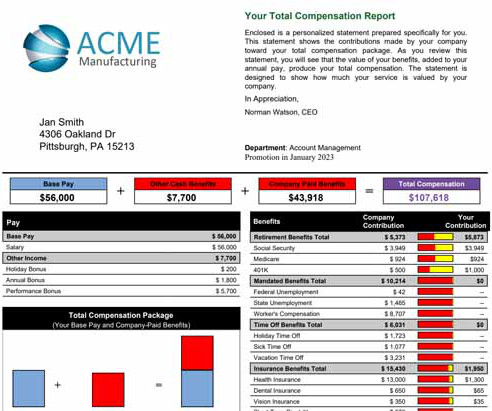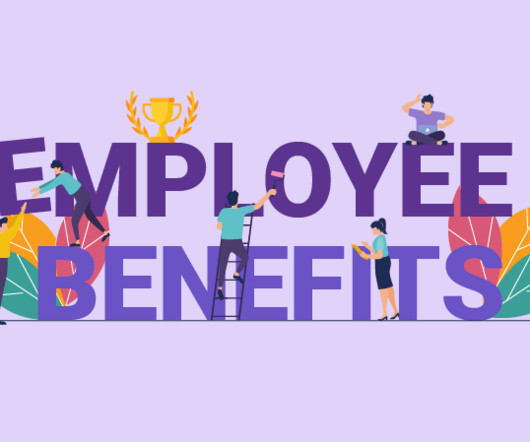Employee Benefits Providers: What Employers Need to Know
Empuls
AUGUST 28, 2024
This not only highlights the importance of employee benefits in fostering loyalty and satisfaction but also underscores the potential risks for companies that fail to prioritize this aspect of their compensation strategy. What are employee benefits providers? This reduces the administrative burden on HR departments.











Let's personalize your content